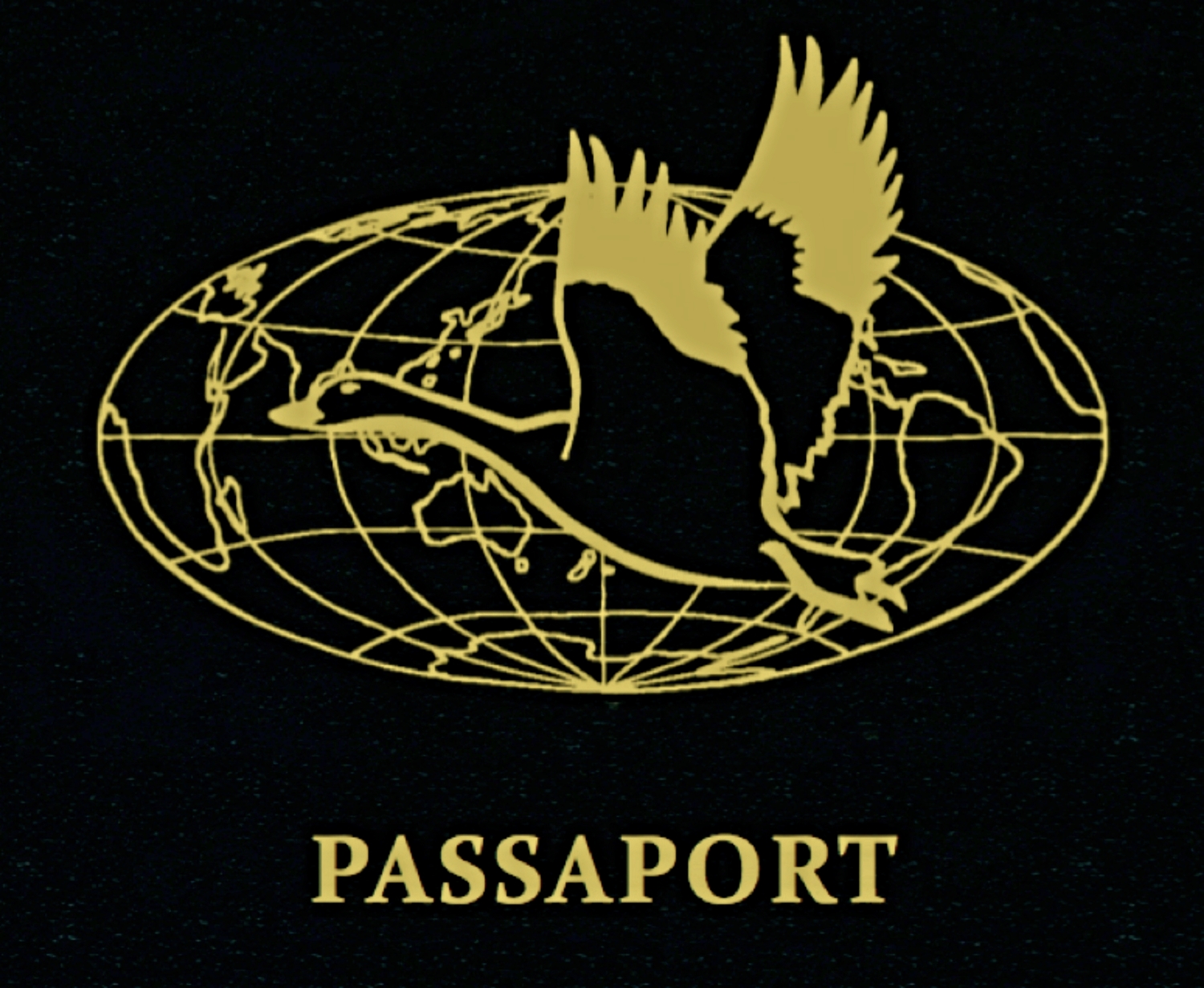This week I received the anthology Poems for Freedom. Edited by Manchester-based author, playwright and activist Alex Clarke, this book was put together to raise funds for the Freedom Bookshop in Whitechapel, east London, to help towards its repair costs after it was firebombed on the night of 1st February. Luckily, no one was hurt, but the shop sustained plenty of damage both from the fire and the two hours of water needed to extinguish the blaze. Media attention regarding the attack was at first very sparse, but the news spread quickly via social networking and word of mouth, and a large team was soon mobilised for the cleanup (photos, short video). You can see some of the damage in the video below, published the night after the incident.
This is not the first time the shop has been targeted ("This wasn't an accident. Somebody had to lift up a metal shutter to break the window to start the fire", one of their members stated to The Guardian) - it suffered an arson attack at the hands of neo-nazi organisation Combat18 back in 1993. Founded in 1886, Freedom Press is the largest anarchist publishing house in the UK, and the oldest of its kind in the English-speaking world. According to the description on the official website, the Freedom Bookshop offers "a much needed outlet for radical ideas and a meeting place for the anarchist thinkers of the day, and we seek to continue that tradition today along with promoting and supporting current social and political struggles".
As someone commented on Alex Clarke's blog, "Firebombs are a great compliment, they let you know that you are getting through."
Poems for Freedom brings together 45 poems, by a variety of established and emerging writers. There's a great poem by veteran no-holds-barred Heathcote Williams, entitled Tony Blair and the Iraqi child. There are poems that cry out to leap off the page and onto the stage, such as Zita Holbourne's Dare to dream; in memory of Dr Martin Luther King (listen on Soundcloud), or Niall McDevitt's rumbustious Mindcuffs. One of my favourites, for its rhythm, diachronic voice (diving into the collective unconscious, from the time of Genghis Khan to Nazi Germany through to the blowing up of the Buddhas of Kandahar), and calm quasi-epic tone, is Shirani Rajapakse's I Will Rise. Here's a short extract, which gains particular reference in the context of this book:
They broke down the walls of worship in the
desert, killed the statues and set fire
to manuscripts. But I rose. They did all this, I'm
not surprised, not one bit as someone
threw a bomb inside my house and let it burn,
burn. My words crumpled and turned
to cinders and they think they
have won. [...]
Alan Morrison's poem Ash Friday, in long, semi-iambic rhyming lines, appears to have been written specifically for the book. It begins: "The lights are out in Whitechapel but brick-lit beacons glow - / When torches burn for 'freedom', the books are first to go, / They catch at Fahrenheit Four Five One (as all fascists know) / ...". It has some wonderful alliterations, that make the reception of the poem more physical, whilst lending it a more humorous, fascist-taunting tone: "firebombed freedom billows up in smoke", "a backstreet blackshirt Guido", "pokey foxed pockets of hope, / Those little shops of peacenik-prop that stock a wider scope ...".
Another favourite, combining my fondness for 'geographical' poems and - I can't help it - for poems that challenge man-made borders, is the short poem Landlocked, signed rather anonymously by Katherine H. I quote it in its entirety, in admiration of its trembling opening and closing metaphors:
LANDLOCKED
I used to think the wind was what happened
when the planet shook its atmospheres
like they were the plates of a jittery armadillo.
That its purpose was the charitable transfer of fruits
to barren places, or to confuse
nature into fissile clashes of proliferation
while it slunk off to dissipate the assets.
Today I think the wind must feel its roots in bedrock
the way it tears at trees and grass,
wanting to be free of chains.
The book also includes a short extract from Passport, adapted from the Maltese by Albert Gatt and myself.
Poems for Freedom is available to buy on Lulu. News and interviews with editor Alex Clarke (who took on the enormous task of whittling down over 700 submissions to 45, and of putting the book together) on the Manchester Mule and Write Out Loud.




